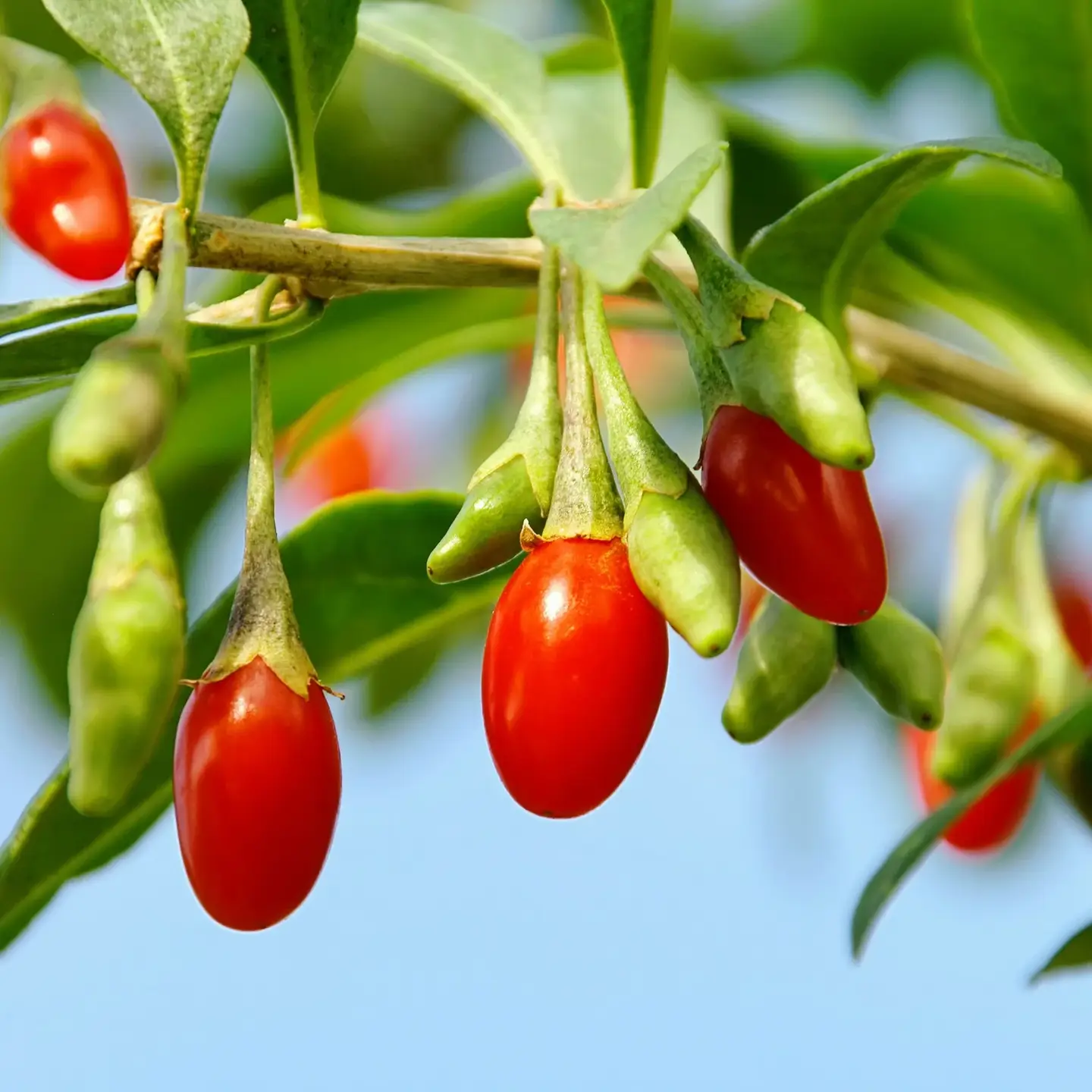Identical twin study resolves whether a vegan or meat-based diet is healthier
The age-old saying, “You are what you eat,” rings truer now than ever with respect to cardiovascular health.

The age-old saying, "You are what you eat," rings truer now than ever with respect to cardiovascular health. Twin pairs Carolyn Sideco and Rosalyn Moorhouse. (CREDIT: Lisa Kim)
The age-old saying, "You are what you eat," rings truer now than ever with respect to cardiovascular health. While the benefits of a plant-based diet have long been touted, a recent study conducted by Stanford Medicine researchers, in collaboration with their colleagues, has shed new light on the remarkable impact of a vegan diet on cardiovascular well-being.
This groundbreaking research, published in JAMA Network Open, reveals that adopting a vegan diet can significantly improve cardiovascular health in as little as eight weeks, offering a beacon of hope for those looking to enhance their heart health through dietary changes.
In this pioneering study, the researchers took an innovative approach to eliminate confounding factors that often plague diet studies, such as genetic variations, upbringing, and lifestyle choices.
To achieve this, they turned to a unique cohort of participants: identical twins. These twins, who shared nearly identical genetic makeup and upbringing, offered an ideal subject pool to assess the impact of diet alone on cardiovascular health. The trial, conducted over the course of eight weeks from May to July 2022, involved 22 pairs of identical twins, resulting in a total of 44 participants.
From the Stanford Twin Registry, a repository of fraternal and identical twins who voluntarily participate in research studies, one twin from each pair was selected and assigned either a vegan or an omnivore diet.
Both diets were carefully constructed to be health-conscious, emphasizing whole, plant-based foods such as vegetables, legumes, fruits, and whole grains while avoiding sugars and refined starches.
Related Stories
The vegan diet was entirely plant-based, excluding all animal products like meat, eggs, and dairy, whereas the omnivore diet included a variety of animal-sourced foods, including chicken, fish, eggs, cheese, and dairy.
During the initial four weeks, participants were provided with 21 meals per week, including breakfast, lunch, and dinner, delivered by a meal service.
For the subsequent four weeks, participants prepared their own meals, with guidance from a registered dietitian who was readily available to offer advice and answer questions regarding their diets. Participants also meticulously documented their dietary intake, ensuring accurate data collection.
Visual Abstract. Cardiometabolic Effects of Omnivorous vs Vegan Diets in Identical Twins. (CREDIT: JAMA Network)
Notably, the study showcased the feasibility of transitioning to a healthy diet within a relatively short timeframe. A striking 21 out of 22 vegans adhered to the diet, highlighting that anyone can make the shift to a vegan diet and experience significant health improvements in just two months.
The findings of the study unveiled the most substantial improvements within the first four weeks of adopting a vegan diet. Participants following the vegan diet exhibited noteworthy reductions in low-density lipoprotein cholesterol (LDL-C) levels, insulin levels, and body weight – all of which are key indicators of improved cardiovascular health.
Median Change From Baseline to 8 Weeks in Primary and Secondary Outcomes Between Vegan and Omnivorous Diet Arms. (CREDIT: JAMA Network)
LDL-C, often referred to as "bad" cholesterol, plays a crucial role in heart health. The study reported that baseline LDL-C levels for vegans averaged 110.7 mg/dL, compared to 118.5 mg/dL for the omnivore participants.
By the end of the eight-week study, LDL-C levels had decreased to 95.5 mg/dL for vegans and 116.1 mg/dL for omnivores. It's important to note that the optimal healthy LDL-C level is less than 100 mg/dL, and this study's results indicate that even participants with already healthy levels experienced significant improvements.
Furthermore, participants following a vegan diet exhibited a remarkable 20% reduction in fasting insulin levels. Elevated insulin levels are a known risk factor for the development of diabetes, making this reduction particularly significant.
In addition to improved cholesterol and insulin levels, the vegan group also experienced an average weight loss of 4.2 pounds, further bolstering their cardiovascular health.
Dr. Christopher Gardner, the senior author of the study, emphasizes that these findings have substantial implications for the broader population's health. While he acknowledges that not everyone may choose to adopt a strictly vegan diet, he suggests that taking steps in a plant-based direction can be a powerful way to enhance cardiovascular health.
Cardiovascular Health Outcomes at the End of 8 Weeks and Main Effect Model Estimates for Primary and Secondary Outcome Analyses. (CREDIT: JAMA Network)
Gardner, who has maintained a "mostly vegan" diet for the past four decades, believes that incorporating more plant-based foods into one's diet can yield significant benefits.
Beyond the immediate cardiovascular advantages, Dr. Gardner points out that a vegan diet can offer additional perks, such as increased gut bacteria and a reduction in telomere loss.
These effects are associated with slowed aging within the body, suggesting that dietary choices can play a pivotal role in longevity.
The positive changes observed in LDL-C levels, insulin levels, and body weight in just eight weeks provide compelling evidence that shifting toward a plant-based diet can be a key strategy for enhancing heart health.
As Dr. Gardner aptly notes, it's not about going strictly vegan; it's about taking a step toward a more plant-based, heart-healthy lifestyle. In doing so, individuals can reap the manifold benefits of improved cardiovascular health and potentially extend their longevity while savoring the diverse and delicious world of plant-based cuisine.
Note: Materials provided above by The Brighter Side of News. Content may be edited for style and length.
Like these kind of feel good stories? Get the Brighter Side of News' newsletter.



